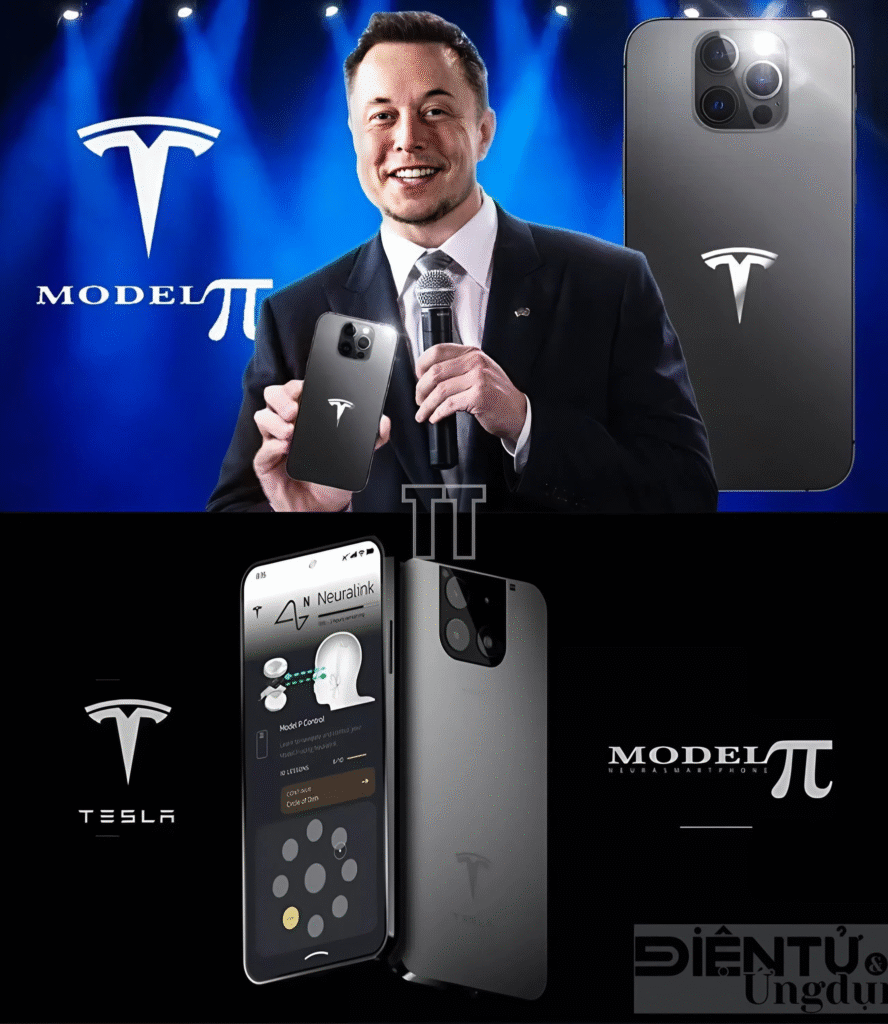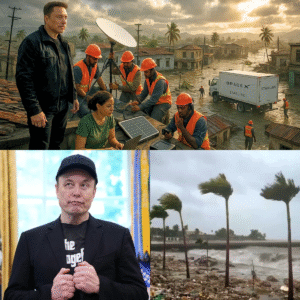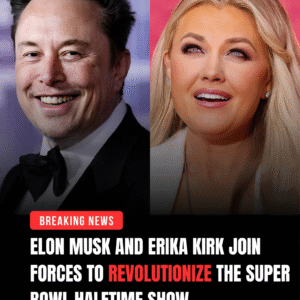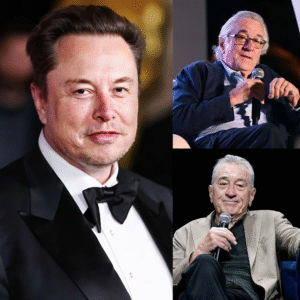
Hearts skipped a beat when Elon Musk strode onto the stage holding a sleek smartphone—priced at $237, no less—then declared it could mark the “end of Apple.” In that moment, the tech world shifted. The 2025 Tesla Pi Phone was unveiled not as a concept, but as a direct challenge to Apple’s dominance—packing rumored features like Starlink connectivity, solar charging, and deep integration with Tesla’s ecosystem. For many, it felt like witnessing a new order of mobile power being born. Skeptics balked, fans roared, and rumors exploded across every newsfeed. Whether this device is a revolution or a bluff, its arrival has already changed the narrative.
The crowd in Austin, Texas, had already been buzzing with anticipation, but when Elon Musk walked onstage, holding a device so slim and futuristic it looked ripped straight from a sci-fi film, the entire atmosphere froze. Musk didn’t mince words. “This,” he said, raising the phone high in the air, “is the Tesla Pi Phone. Price: $237. And yes—it might just be the end of Apple.” The words detonated like a bomb. Within minutes, hashtags like #TeslaPiPhone, #AppleKiller, and #MuskDoesItAgain were trending worldwide. Analysts scrambled to understand what they had just witnessed. This wasn’t another car reveal, another rocket update, or another AI demo. This was Elon Musk throwing down the gauntlet in the one arena dominated by Apple for nearly two decades: the smartphone.
The Pi Phone, according to Musk’s unveiling, is not a gimmick. It’s not vaporware. It’s a direct assault on Apple’s ecosystem. “For too long, smartphones have been walled gardens,” Musk declared, his voice steady but sharp. “Apple takes 30% of everything. They’ve trapped users, developers, and even their competitors inside their system. That ends today.” The promise wasn’t just about the phone itself. It was about a new digital world Musk is attempting to build—a Tesla-first, Starlink-connected universe that liberates users from what he called “Apple’s digital prison.”
The specs and rumored features are enough to make even the most loyal iPhone fan pause. Starlink integration means the Pi Phone could, in theory, function anywhere on Earth without traditional cell towers. Imagine making a video call from the middle of the Sahara or livestreaming from Antarctica with no SIM card, no carrier, and no roaming fees. Solar charging built directly into the body of the device means, as Musk put it, “your phone will outlast your adventures.” No more dead batteries in the middle of the day, no more frantic searches for outlets at airports. And then there’s the Tesla ecosystem tie-in: seamless integration with Tesla cars, homes, and even Neuralink in the future. The Pi Phone, Musk hinted, could be “the key to your entire digital and physical life.”
Critics, of course, scoffed. Apple analysts dismissed the presentation as “marketing theater,” pointing out that Starlink satellites still face bandwidth challenges and that solar charging in a smartphone is limited by physics. “It’s impossible to replace the iPhone with a $237 gadget that relies on unproven tech,” one Wall Street analyst snapped. Yet even skeptics couldn’t ignore the reaction. The stock price of Apple dipped within an hour of the reveal. Tech blogs melted under the flood of traffic. Reddit boards filled with wild speculation about whether Apple could even compete at such a low price point. And ordinary people? They couldn’t stop talking about it.
On TikTok, one viral clip showed a teenager smashing his iPhone against the pavement with the caption: “$237? I’m switching TODAY.” Another featured a group of Tesla owners chanting, “No more Apple! No more Apple!” outside an Apple Store. Meanwhile, celebrities from Kanye West to Joe Rogan tweeted cryptic support, with Rogan writing: “Musk just ended the smartphone wars before they started.” The hype machine was in full swing, and Apple, for once, seemed eerily silent.
The question everyone is asking: is this really the iPhone killer? Apple has dominated smartphones since 2007, building not just devices but an empire of services, apps, and hardware integration. The iPhone isn’t just a phone—it’s a lifestyle. But Musk, ever the disruptor, seems ready to dismantle that lifestyle. “People said Tesla couldn’t beat Detroit. People said SpaceX couldn’t beat NASA. People said Neuralink was impossible,” Musk reminded the audience. “Every time, they were wrong. And they’ll be wrong again.” The audience roared, chanting his name, as if they were witnessing a coronation.
Behind the hype, there are real stakes. If Musk delivers even half of what he promised, Apple could face its first true existential threat. Price alone is disruptive. At $237, the Tesla Pi Phone undercuts the iPhone 17 by more than $700. Add Starlink integration, and suddenly Apple’s reliance on carrier deals looks fragile. Add Tesla ecosystem features, and suddenly iOS loyalty begins to crack. Musk isn’t just targeting Apple’s profits—he’s targeting its entire foundation.
But can he pull it off? Some experts argue that Musk thrives in spectacle but struggles in execution. “Look at the Cybertruck delays. Look at the promises around Tesla’s robot,” one critic noted. “He overpromises and underdelivers.” Others disagree, pointing to Tesla’s dominance in electric vehicles and SpaceX’s revolutionary success with reusable rockets. “Say what you want about Musk,” one analyst countered, “but when he sets his mind to something, industries change.”
For the average consumer, none of that matters. What matters is the dream of a phone that frees them from expensive carriers, overpriced Apple gadgets, and constant battery anxiety. In the days since the reveal, pre-orders for the Pi Phone have reportedly surged past 5 million. Tesla stores, usually reserved for showcasing cars, are being redesigned to display the Pi Phone front and center. Elon Musk himself teased that buyers of Tesla vehicles in 2025 might even get the phone bundled for free, saying, “If you drive a Tesla, you should live Tesla.”
Meanwhile, Apple is scrambling. Insiders whisper that the iPhone 17, set for release later this year, may be rushed to market with new features in response. Leaks suggest Apple engineers are working frantically on emergency updates to Siri, battery technology, and satellite communications. The irony? Musk may have forced Apple to innovate faster, even as he threatens to destroy them. “Competition is good,” Musk said with a grin during the Q&A session. “But monopoly is bad. And Apple has had a monopoly for far too long.”
What happens next is anyone’s guess. Will Musk’s Pi Phone live up to the hype? Or will it go the way of other flashy tech that promised the world and delivered little? Already, rumors swirl that the first batch of phones will be limited, creating scarcity and driving demand even higher. Some are calling it a revolution. Others call it a bluff. But even the most hardened skeptic has to admit: the narrative has shifted. For the first time in years, people are talking about a phone that isn’t an iPhone or a Samsung Galaxy.
And that may be the most important part of all. Elon Musk doesn’t need to destroy Apple overnight. He just needs to plant the seed of doubt. He just needs to make people ask, “Why am I paying $1,000 for a phone when Tesla sells one for $237 with features Apple can’t match?” That question alone could be the spark that ignites a new war in Silicon Valley.
So yes, hearts did skip a beat when Musk raised the Pi Phone onstage. Maybe it was excitement. Maybe it was fear. Maybe it was the sense that, once again, Elon Musk had ripped the script out of history’s hands and started writing his own. Revolution or bluff, one thing is clear: the smartphone game has changed forever.





